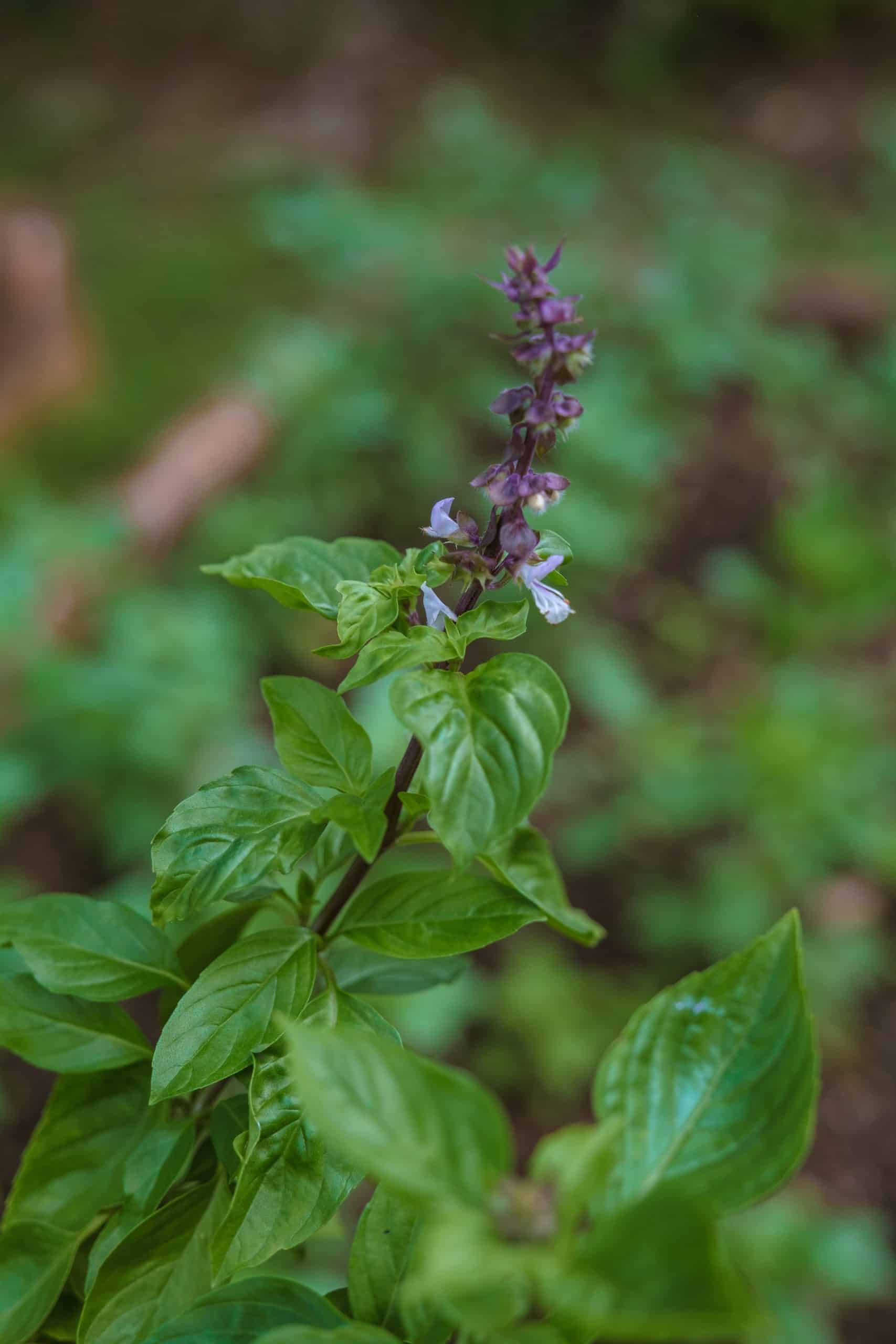How to Build a Zero-Waste Lifestyle in a UK Urban Environment?

Living in an urban environment often presents unique challenges, especially when it comes to reducing waste and living sustainably. Urban dwellers all over the world are taking steps toward change, seeking to reduce their environmental footprint and create a cleaner and healthier world. One such method of change is by adopting a zero-waste lifestyle. In the UK, cities are increasingly recognising the importance of sustainability and have begun to offer various resources and initiatives to facilitate this transition. This article aims to provide an insight into practical steps to implement a zero-waste lifestyle in a UK city environment.
Understanding Zero-Waste
Before embarking on your zero-waste journey, it’s crucial to understand what the term actually means. Zero-waste is a philosophy that seeks to completely eliminate waste by rethinking how resources are used and choosing to avoid products that will end up in the landfill or the ocean. While it may seem overwhelming at first, the goal is not about perfection, it’s about making incremental changes that have a significant impact over time.
In parallel : How to Develop a Mindfulness Program for Reducing Stress in UK Schools?
To achieve a zero-waste lifestyle, you will need to examine your consumption habits and explore ways to reduce, reuse and recycle more effectively. It’s about opting for reusable rather than disposable products, composting food waste, reducing plastic use and making sustainable choices whenever possible.
Reducing Plastic Consumption
Plastic waste poses a significant environmental challenge. It’s estimated that around 8 million tonnes of plastic ends up in our oceans every year. In the context of an urban environment, it’s vital to take conscious steps to reduce plastic consumption.
Topic to read : How Do You Create a Culturally Responsive Curriculum in UK Higher Education?
One of the easiest ways to do this is by swapping single-use plastics for reusable alternatives. For instance, carrying a reusable water bottle, coffee cup, shopping bags and containers for takeaway food. Many UK cities have even implemented schemes like Refill, which allows you to refill your water bottle at designated points around the city.
You can also choose to shop at stores that offer bulk buy options or have a plastic-free section. Many UK cities have seen a surge in zero-waste stores where staples like pasta, rice, and cereals can be bought in your own containers. This helps to reduce unnecessary packaging and plastic waste.
Practising Composting
Composting is a crucial aspect of a zero-waste lifestyle, especially when it comes to reducing food waste. The process turns organic waste into a nutrient-rich soil conditioner, diverting it from landfill where it would release harmful greenhouse gases.
In a city environment, composting may seem challenging, but many UK cities offer food waste collections or composting initiatives. If you have a green space or a garden, you can set up a compost bin or wormery. For those with limited outdoor space, indoor composting systems are also available.
If composting at home isn’t an option, look for local composting facilities or community gardens that accept food waste. It’s also worth checking if your city offers a food waste collection service. In London, for example, many boroughs provide food waste collection alongside regular rubbish collections.
Shopping Sustainably
Sustainable shopping is another important part of a zero-waste lifestyle. It’s about choosing products that are sustainably produced, ethically sourced and designed to last.
One approach is to buy second-hand or pre-loved items. Many UK cities have thriving second-hand markets, charity shops and online marketplaces where you can find everything from clothes to furniture. This not only reduces waste but also helps to conserve the resources that would have been used to manufacture a new product.
Where you buy new, try to choose products made from recycled or sustainable materials. Look for labels like Fairtrade, Rainforest Alliance Certified, or Organic to ensure the products are ethically sourced.
Advocating for Change
Lastly, it’s important to remember that individual actions, while important, should be supplemented with advocacy for broader environmental change. This could involve supporting businesses that prioritise sustainability, joining local environmental groups or calling on local government to implement more sustainable policies.
Many UK cities are already making strides towards a zero-waste future. Bristol, for example, is aiming to become a zero-waste city by 2030, with initiatives like the ‘Bristol Big Tidy’ that encourages people to reduce, reuse and recycle.
Your individual efforts to live a zero-waste lifestyle can contribute to these city-wide goals and inspire others to do the same. Remember, it’s not about achieving perfection, but about making consistent efforts that add up over time. The journey to zero-waste is a process of continual learning and adjustment, but every step you take brings us closer to a more sustainable future.
Making Use of Waste Management Resources
Waste management resources play a vital role in a zero waste living, especially in urban environments. In many UK cities, several waste management programs and initiatives are readily available to help residents adopt more sustainable practices.
For instance, several cities offer regular recycling collections for a variety of materials, including paper, plastic, glass, and metal. These services help to divert recyclable materials from landfill and facilitate their re-use in other products. To make the most of these services, you can build the habit of thoroughly sorting your waste and ensuring that recyclable materials are clean and dry.
In addition to this, many local councils provide detailed information on their websites about how to dispose of specific types of waste, including electronics, furniture, and hazardous waste. It’s worth taking the time to familiarise yourself with these guidelines, as they can help you to ensure that your waste is disposed of in the most environmentally-friendly way possible.
Local waste initiatives also often include opportunities to dispose of food scraps and other organic waste in a way that is beneficial to the environment. Many cities offer composting facilities or green waste collections, which help to keep organic waste out of landfill and instead turn it into valuable compost.
Finally, don’t forget about services like Freecycle or Gumtree, which make it easy to give away items that you no longer need. This can prevent waste generation and also give a second life to items that might otherwise end up in landfill.
The Zero Waste Week Initiative
In the UK, an initiative called Zero Waste Week has been created to encourage sustainable consumption and waste reduction. This week-long annual campaign takes place in the first week of September, and aims to raise awareness about the environmental impact of waste and promote waste reduction, reuse, and recycling.
Each year, Zero Waste Week has a different theme, such as "Reducing single-use plastics" or "Food waste". This helps to highlight different aspects of waste and provide practical tips on how to reduce waste in these areas. The campaign includes a range of activities, such as workshops, webinars, and challenges, which provide valuable learning opportunities and inspiration for people seeking to live a more sustainable lifestyle.
Participating in Zero Waste Week can be a great way to kick-start or deepen your zero waste journey. It’s a chance to learn from experts, connect with like-minded people, and explore new ways of reducing waste in your everyday life. Plus, it’s a reminder that you’re part of a wider movement of people all over the UK working towards a more sustainable future.
Conclusion: The Impact of Zero-Waste Living
Adopting a zero-waste lifestyle in an urban environment might seem daunting, but with the right resources and a determined mindset, it is definitely achievable. Each step towards reducing waste, whether it’s swapping single-use plastics for reusables, composting food scraps, or shopping sustainably, contributes significantly to long-term environmental health.
By embracing a zero-waste lifestyle, you are not only reducing your own carbon footprint but also influencing those around you. The ripple effect of your sustainable choices can inspire others to follow suit, leading to an overall reduction in waste generation in your community and city.
Furthermore, adopting a zero-waste lifestyle can have benefits beyond just environmental sustainability. It often leads to a simpler, less cluttered life, and can even save you money in the long term. Plus, it’s a tangible way to contribute to the fight against climate change, making it a truly rewarding journey.
So, as we continue to face the challenges of climate change, let’s all strive to adopt more eco-friendly practices and work towards a zero-waste lifestyle. Remember, it’s not about perfection but progress. Every small change counts and takes us one step closer to a more sustainable future.
